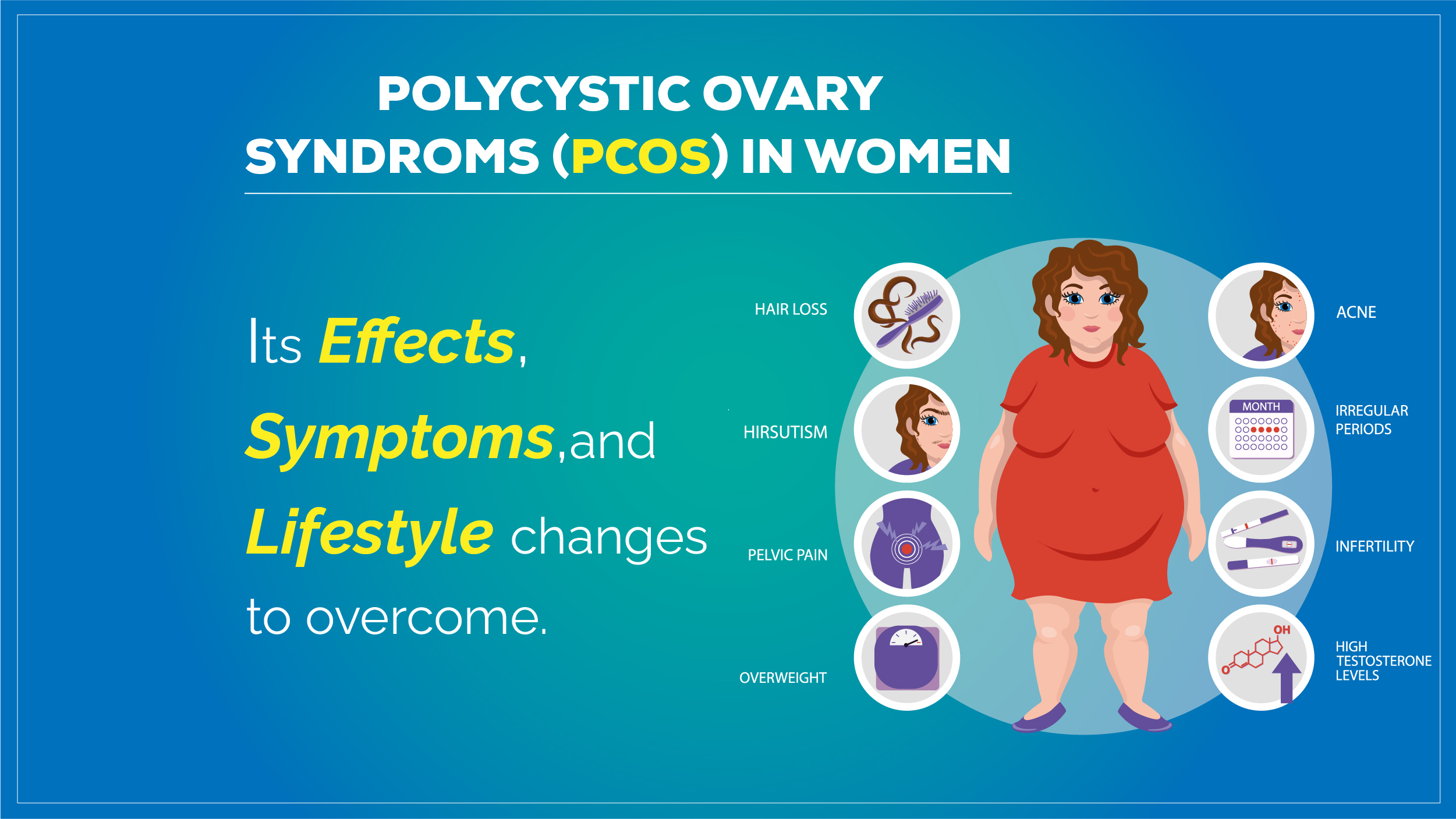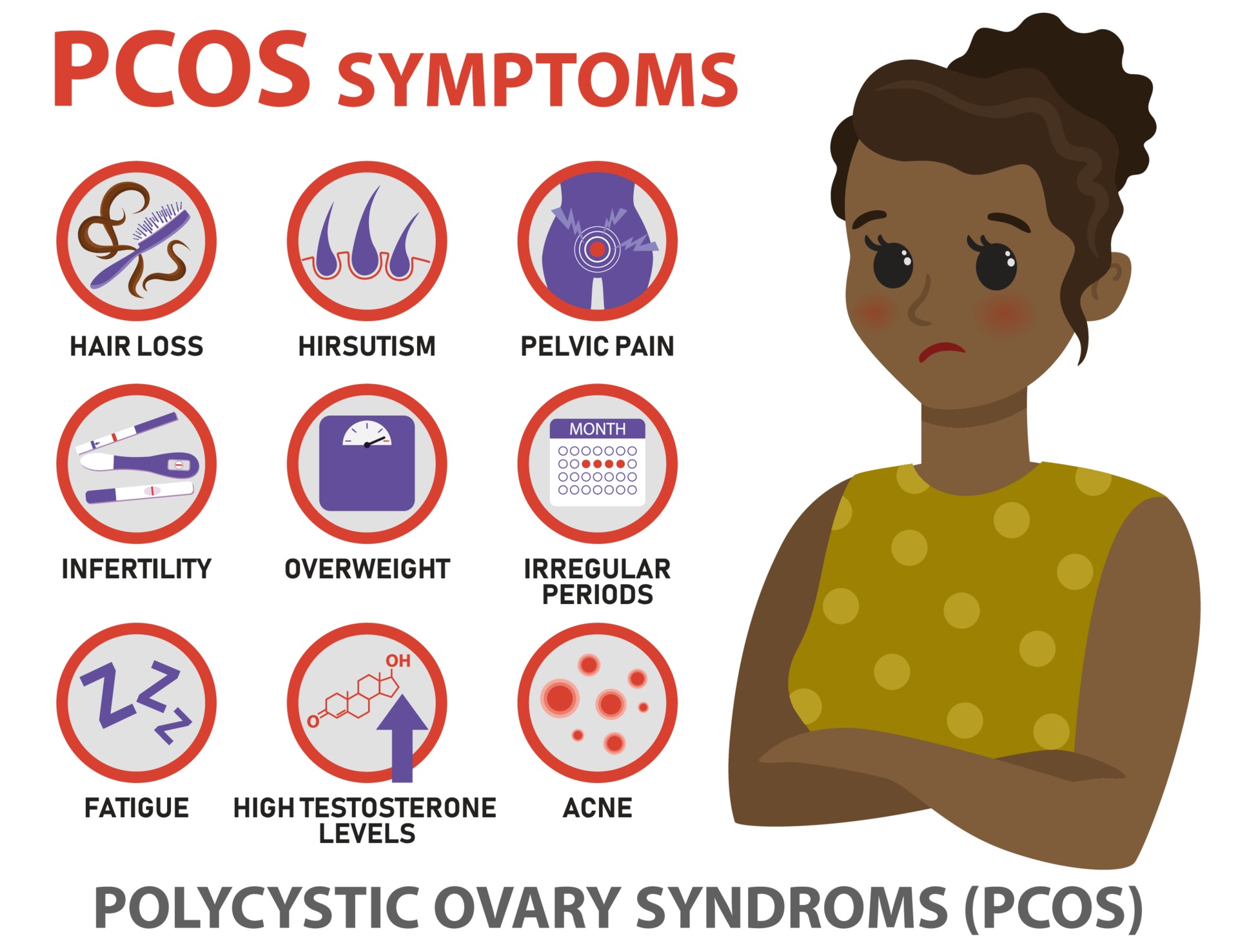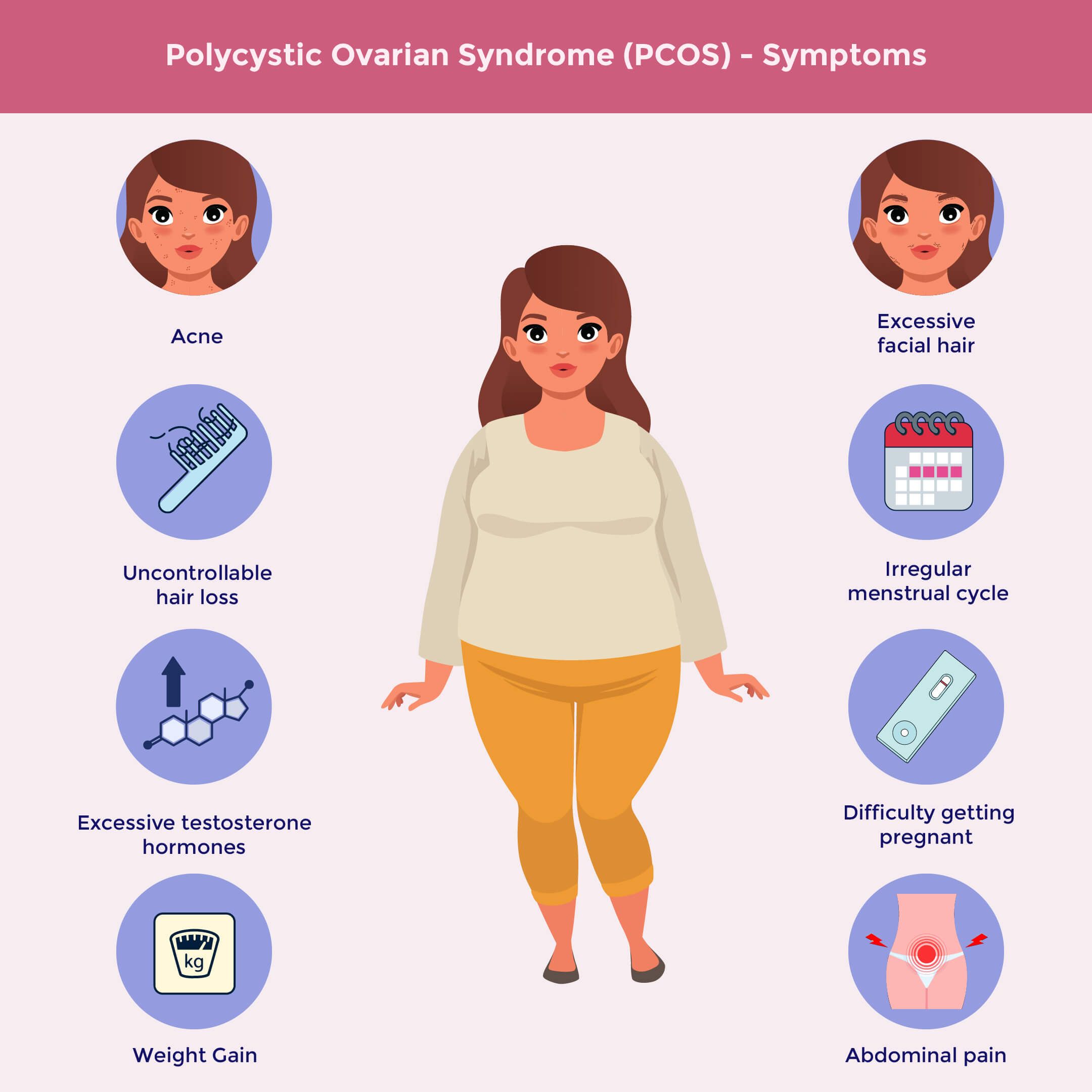PCOS Women: Understanding, Empowering, And Thriving
Let’s talk about PCOS women because this is a topic that needs more sunlight, more conversations, and fewer whispers. Polycystic Ovary Syndrome, or PCOS, is one of the most common hormonal disorders affecting women of reproductive age. And here’s the kicker—it’s not just about cysts or ovaries. It’s a full-on health journey that touches so many areas of life. From irregular periods to hormonal imbalances, PCOS women are warriors navigating a complex world of symptoms, treatments, and self-care. So, if you’ve ever felt alone on this journey, know this—you’re not. We’re here to break it down, empower you, and help you thrive.
Now, before we dive deep into the nitty-gritty, let’s get one thing straight. PCOS isn’t just a "female problem." It’s a global health issue affecting millions of women worldwide. Studies show that around 5–10% of women between the ages of 15 and 44 have PCOS, but the numbers could be higher because many cases go undiagnosed. That’s a lot of sisters out there who need support, knowledge, and actionable advice. And that’s exactly what we’re here to provide.
So, whether you’re newly diagnosed, trying to understand a loved one’s experience, or just curious about how PCOS impacts women, you’re in the right place. This article is your go-to guide for everything PCOS-related. Let’s roll up our sleeves, grab some coffee, and dive in. It’s time to take charge of your health and your story.
- Leni Olumi Klum The Rising Star Breaking Barriers In The Modeling World
- Michael B Jordan Movies A Deep Dive Into The Iconic Filmography Of A Modernday Superstar
What Exactly Is PCOS?
Alright, let’s get down to brass tacks. PCOS, or Polycystic Ovary Syndrome, is a hormonal disorder that affects women primarily during their reproductive years. But what does that mean exactly? Well, picture this: your ovaries are like little factories producing hormones like estrogen and progesterone. When everything’s running smoothly, they help regulate your menstrual cycle and keep things ticking. But with PCOS, the factory gets a little... chaotic. Instead of producing the right balance of hormones, your body starts pumping out too much androgen—a hormone typically associated with men. And that’s where the trouble begins.
This hormonal imbalance can lead to a variety of symptoms, including irregular periods, excess hair growth, acne, weight gain, and even insulin resistance. Oh, and let’s not forget those pesky ovarian cysts. While not everyone with PCOS has cysts, they’re often a hallmark of the condition. But here’s the thing—PCOS isn’t a one-size-fits-all disorder. Symptoms can vary widely from woman to woman, which is why it’s so important to get personalized care.
So, how do you know if you have PCOS? Well, that’s where diagnosis comes in, and we’ll get to that in a bit. But for now, just know that PCOS isn’t something to be ashamed of. It’s a condition that millions of women are dealing with, and you’re not alone in this fight.
- Jasmine Richardson And Jeremy Steinke A Deep Dive Into Their Lives Love And Legacies
- Al Pacino Girlfriend The Untold Stories Behind His Love Life
Diagnosing PCOS in Women
Recognizing the Symptoms
Now that we’ve got the basics down, let’s talk about how PCOS is diagnosed. First things first, recognizing the symptoms is key. Some of the most common signs include irregular or missed periods, excessive hair growth (especially on the face, chest, or back), acne, and weight gain. But here’s the tricky part—these symptoms can also be caused by other conditions, which is why it’s so important to see a healthcare professional.
Other red flags to watch out for include thinning hair, infertility, and skin tags. And if you’re experiencing any of these symptoms, don’t brush them off. Trust your gut and seek help. Remember, early diagnosis can make a huge difference in managing PCOS effectively.
Testing and Evaluation
When it comes to diagnosing PCOS, doctors usually take a multi-step approach. First, they’ll review your medical history and conduct a physical exam. They might also order blood tests to check hormone levels and rule out other conditions. And finally, an ultrasound might be used to check for ovarian cysts. But here’s the thing—PCOS can’t always be diagnosed with just one test. It’s more like a puzzle that needs to be pieced together.
So, if you’re feeling unsure or frustrated by the process, don’t give up. Keep advocating for yourself and seek second opinions if necessary. Your health is worth it.
Living with PCOS: Challenges and Triumphs
Living with PCOS isn’t always easy, but it’s definitely manageable with the right strategies. One of the biggest challenges women with PCOS face is dealing with the emotional toll. From feelings of frustration and isolation to concerns about fertility and body image, it’s a lot to handle. But here’s the good news—many women with PCOS have found ways to thrive despite the challenges.
For example, many PCOS warriors have turned to support groups, both online and offline, to connect with others who understand what they’re going through. And let’s not forget the power of self-care. Whether it’s through exercise, mindfulness, or simply taking time to relax, self-care can make a huge difference in managing PCOS symptoms.
And then there’s the triumph of overcoming infertility. While PCOS can make it harder to conceive, many women have successfully started families with the help of fertility treatments or lifestyle changes. So, if you’re feeling down about your journey, remember this—you’re stronger than you think, and there’s hope on the horizon.
Nutrition and PCOS Management
The Role of Diet
When it comes to managing PCOS, diet plays a crucial role. Many women with PCOS have insulin resistance, which means their bodies have trouble processing sugar. This can lead to weight gain and other health issues. But here’s the thing—a well-balanced diet can make a huge difference. Foods that are low in refined carbs and high in fiber, protein, and healthy fats can help regulate blood sugar levels and reduce inflammation.
So, what should you be eating? Think whole grains, lean proteins, plenty of fruits and veggies, and healthy fats like avocados and nuts. And don’t forget to stay hydrated! Drinking enough water is key to keeping your body functioning optimally.
Common Dietary Mistakes
Now, let’s talk about some common dietary mistakes to avoid. One of the biggest ones is skipping meals or relying on processed snacks. This can lead to blood sugar spikes and crashes, which can worsen PCOS symptoms. Another mistake is cutting out entire food groups without consulting a healthcare professional. While some diets, like keto or paleo, can be helpful for managing PCOS, they’re not right for everyone. So, always do your research and consult with a nutritionist if you’re considering making major dietary changes.
Exercise and PCOS
Why Movement Matters
Exercise is another key component of managing PCOS. Not only does it help with weight management, but it also improves insulin sensitivity and reduces inflammation. And here’s the best part—you don’t have to run a marathon to see benefits. Even moderate exercise, like brisk walking or yoga, can make a big difference.
But what if you’re not a fan of traditional workouts? No problem! There are plenty of fun ways to get moving, like dancing, hiking, or even gardening. The key is to find something you enjoy and make it a regular part of your routine.
Setting Realistic Goals
When it comes to exercise, setting realistic goals is crucial. Don’t expect to go from zero to hero overnight. Start small and gradually increase your activity level. And remember, consistency is key. Even 10 minutes of movement a day can add up over time. So, don’t get discouraged if you miss a day or two. Just get back on track and keep moving forward.
Mental Health and PCOS
Mental health is another important aspect of living with PCOS. Many women with PCOS experience anxiety, depression, or low self-esteem due to the physical and emotional symptoms of the condition. But here’s the thing—mental health is just as important as physical health. Taking care of your mind is crucial for overall well-being.
So, how can you support your mental health while living with PCOS? Well, there are plenty of strategies to try. Therapy, mindfulness practices, and support groups can all be incredibly helpful. And don’t forget the power of self-compassion. Be kind to yourself and give yourself permission to feel whatever you’re feeling. You’re not alone in this journey, and there’s no shame in seeking help.
Treatment Options for PCOS
Medications
When it comes to treating PCOS, medications can be a game-changer for many women. Birth control pills, for example, can help regulate periods and reduce symptoms like acne and excess hair growth. Metformin, a medication commonly used to treat type 2 diabetes, can also be effective in improving insulin resistance and reducing PCOS symptoms.
But here’s the thing—medications aren’t right for everyone. Some women prefer to manage their PCOS through lifestyle changes alone, while others may need a combination of both. So, always work closely with your healthcare provider to find the best treatment plan for you.
Lifestyle Changes
Speaking of lifestyle changes, they can be incredibly effective in managing PCOS. From diet and exercise to stress management and sleep hygiene, there are plenty of ways to improve your symptoms naturally. And the best part? These changes can have benefits that go beyond just managing PCOS. They can improve your overall health and well-being, too.
PCOS and Fertility
Understanding the Connection
One of the biggest concerns for many women with PCOS is fertility. Because PCOS can cause irregular periods and ovulation issues, it can make it harder to conceive. But here’s the good news—many women with PCOS go on to have successful pregnancies with the right treatment and support.
Treatments like Clomid, a medication that stimulates ovulation, or assisted reproductive technologies like IVF can be incredibly effective. And don’t forget the power of lifestyle changes. Losing even a small amount of weight can improve fertility outcomes for many women with PCOS.
Planning for Pregnancy
So, if you’re thinking about starting a family, what steps can you take? First, talk to your healthcare provider about your options. They can help you create a plan that’s tailored to your needs and goals. And don’t forget to take care of your overall health. Eating well, exercising regularly, and managing stress can all improve your chances of conception.
Community and Support
Finally, let’s talk about the power of community and support. Whether you’re newly diagnosed or a seasoned PCOS warrior, connecting with others who understand what you’re going through can be incredibly healing. Support groups, both online and offline, can provide a safe space to share experiences, ask questions, and find encouragement.
And don’t underestimate the power of education. The more you know about PCOS, the better equipped you’ll be to manage it. So, keep learning, keep advocating for yourself, and keep thriving. You’ve got this!
Conclusion: Embrace Your Journey
So, there you have it—a comprehensive guide to understanding and thriving with PCOS. From recognizing the symptoms to managing the condition through diet, exercise, and mental health strategies, we’ve covered a lot of ground. But here’s the most important thing to remember—you’re not alone. Millions of women around the world are on this journey with you, and there’s a whole community of support waiting to help you every step of the way.
If you’ve found this article helpful, we’d love to hear from you. Leave a comment, share your story, or check out some of our other articles on women’s health. Together, we can create a world where PCOS women are empowered, informed, and thriving. So, let’s keep the conversation going and keep moving forward. You’ve got this!
Table of Contents
- What Exactly Is PCOS?
- Diagnosing PCOS in Women
- Living with PCOS: Challenges and Triumphs
- Nutrition and PCOS Management
- Exercise and PCOS



Detail Author:
- Name : Edmund Keeling
- Username : fmckenzie
- Email : modesta.zboncak@harvey.com
- Birthdate : 2007-04-06
- Address : 999 Deckow Extensions Apt. 662 West Paul, KS 54326
- Phone : +1-704-314-9714
- Company : Terry Ltd
- Job : Creative Writer
- Bio : Temporibus dolor rem sunt doloribus. Corporis dolorem facere ut earum exercitationem voluptas. Quia sunt repellendus temporibus est expedita ipsam minima.
Socials
twitter:
- url : https://twitter.com/pete.lindgren
- username : pete.lindgren
- bio : Sequi illo exercitationem laborum accusamus dolor recusandae. Tempora ipsa ut quam accusamus voluptatibus eligendi. Quos illum natus iste sint aliquam quia.
- followers : 1276
- following : 1228
instagram:
- url : https://instagram.com/petelindgren
- username : petelindgren
- bio : Consequatur et autem doloremque sunt. Quaerat et enim dolorem dignissimos eos non provident.
- followers : 6022
- following : 638
facebook:
- url : https://facebook.com/pete.lindgren
- username : pete.lindgren
- bio : Pariatur eius sed deleniti nihil consectetur ab omnis. Dolor dolor est rerum.
- followers : 3982
- following : 1180